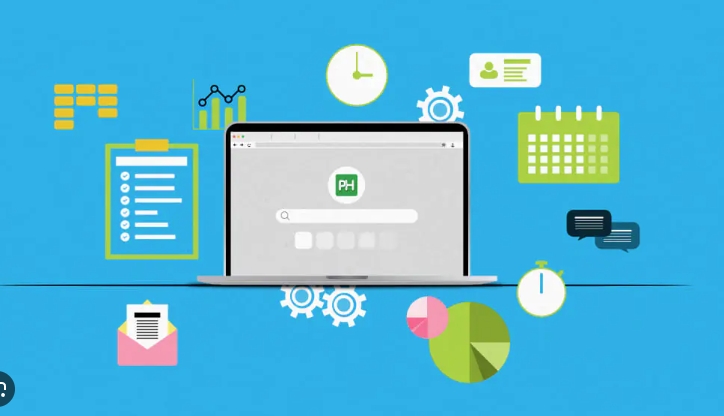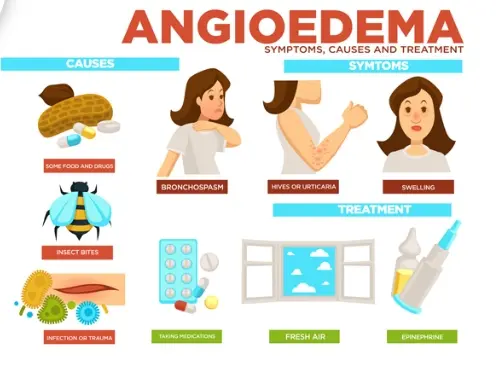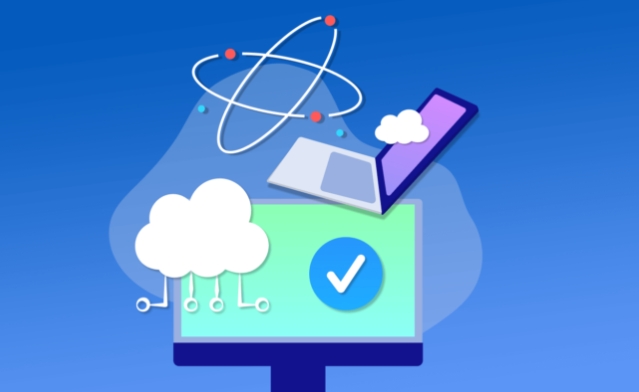In today’s fast-paced healthcare environment, efficiency is key. Healthcare providers are increasingly relying on practice management software to optimize their daily operations. This software helps medical professionals manage everything from patient scheduling and billing to electronic health records (EHR) and reporting. For healthcare organizations in the U.S., adopting the right practice management software can be a game-changer, enabling them to reduce administrative burdens, improve patient care, and boost profitability.
What is Practice Management Software?
Practice management software (PMS) is a comprehensive system designed to streamline the day-to-day activities of a medical or dental practice. It allows healthcare providers to manage appointments, process billing, handle insurance claims, and maintain patient records efficiently. Beyond these functions, modern PMS integrates with other systems, such as EHRs, to create a seamless experience that saves time and reduces errors.
Key Features of Practice Management Software
- Appointment Scheduling A fundamental feature of practice management software is its ability to streamline the scheduling process. Providers can easily manage patient appointments, avoid double-booking, and send reminders to patients about upcoming visits. This functionality helps reduce no-shows and ensure that the practice runs smoothly.
- Billing and Coding Accurate billing and coding are critical to healthcare providers, and practice management software simplifies this process. The software ensures that medical procedures and services are correctly coded, reducing billing errors and speeding up insurance claims. It also helps with tracking payments and generating invoices, making it easier to manage finances.
- Patient Records Management A crucial element of any practice management software is the ability to maintain detailed patient records. With integrated electronic health records, healthcare providers can access patient histories, treatment plans, and medical notes quickly and securely. This improves patient care and facilitates collaboration between different healthcare professionals.
- Insurance Claim Processing Practice management software automates the insurance claim process by generating accurate claims and submitting them directly to insurance companies. This reduces paperwork and ensures that claims are processed more quickly, leading to faster reimbursements for healthcare providers.
- Reporting and Analytics Modern practice management systems often come with advanced reporting tools that offer valuable insights into the practice’s performance. Providers can generate reports on revenue, patient demographics, insurance claim status, and more. These analytics help practices identify trends, improve decision-making, and streamline operations.
- Patient Communication Tools Effective communication with patients is essential for building trust and ensuring satisfaction. Many practice management systems offer communication tools that allow providers to send appointment reminders, follow-up messages, and even billing notifications via email or text message. These tools improve patient engagement and reduce administrative workload.
Benefits of Practice Management Software
- Improved Efficiency One of the most significant advantages of practice management software is the efficiency it brings to daily operations. By automating administrative tasks like scheduling, billing, and record-keeping, healthcare providers can focus more on patient care and reduce the time spent on paperwork. This leads to a more efficient workflow and a better patient experience.
- Enhanced Accuracy Accuracy is critical in healthcare, and practice management software reduces the risk of errors in scheduling, billing, and patient records. Automated systems minimize human error, which can lead to costly mistakes, such as billing inaccuracies or missed appointments.
- Better Financial Management With features like integrated billing and coding, insurance claim processing, and financial reporting, practice management software makes it easier for healthcare providers to manage their finances. The software helps track revenue, monitor outstanding payments, and generate financial reports that provide an overview of the practice's financial health.
- Improved Patient Care With easier access to patient information and streamlined processes, healthcare providers can deliver better care. By reducing administrative burdens, providers can spend more time with patients, making informed decisions based on accurate and up-to-date medical records.
- Compliance with Regulations Healthcare providers must comply with various regulations, including those related to patient privacy (such as HIPAA in the U.S.). Practice management software helps ensure compliance by safeguarding patient data and maintaining secure, electronic records. It also helps ensure that billing and coding practices meet industry standards.
- Scalability As healthcare practices grow, their needs evolve. Many practice management systems are scalable, meaning they can be adapted to fit the increasing demands of a growing practice. Whether it’s adding more users, integrating additional features, or expanding to multiple locations, scalable software can support the expansion of a healthcare business.
Choosing the Right Practice Management Software
When selecting practice management software, healthcare providers should consider several factors:
- Ease of UseThe software should have an intuitive interface that is easy for staff members to use, with minimal training required.
- Integration CapabilitiesThe software should integrate seamlessly with other systems, such as EHRs, accounting software, and patient portals.
- CustomizationDifferent practices have different needs. The software should offer customization options to fit the specific requirements of the practice, whether it’s a small medical office or a large multi-location healthcare provider.
- Customer SupportReliable customer support is essential. Providers should choose software vendors that offer strong technical support to resolve issues quickly and keep the practice running smoothly.
- CostThe cost of practice management software can vary significantly, so it’s important to choose a solution that fits within the practice’s budget while still offering the necessary features and functionality.
Conclusion
Incorporating practice management software into healthcare operations can significantly improve efficiency, accuracy, and patient care. With the right software, healthcare providers can reduce administrative burdens, streamline workflows, and enhance their financial management. As the healthcare industry continues to evolve, practice management software will remain an essential tool for optimizing operations and improving patient outcomes. Whether you are a small practice or a large healthcare provider, adopting the right system can make a significant difference in your daily operations and long-term success.







